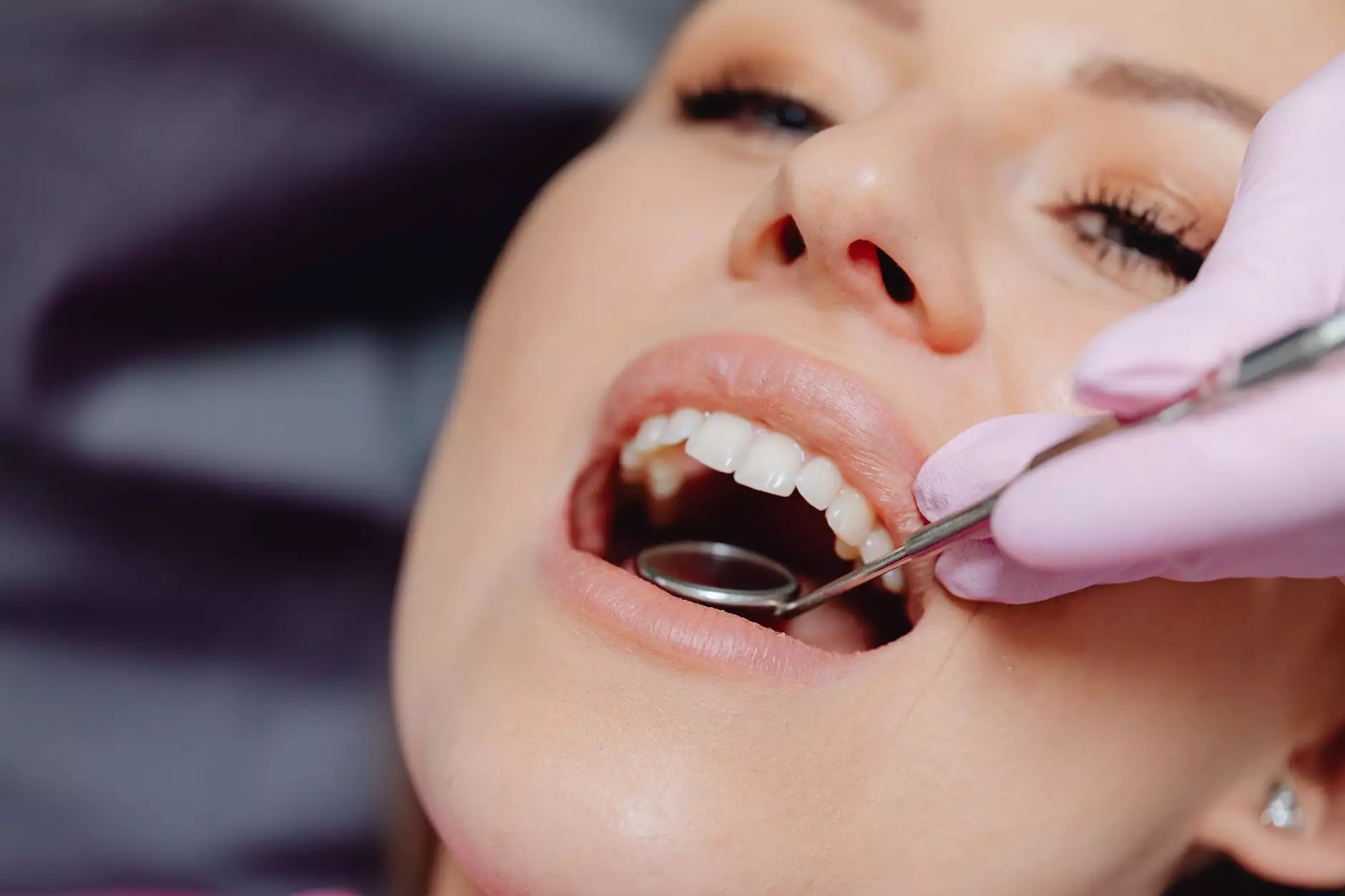Understanding Dental Crown Cost: A Comprehensive Guide

When it comes to dental care, one of the most common procedures that patients may require is the placement of a dental crown. This essential dental treatment plays a critical role in restoring both the functionality and aesthetics of damaged teeth. However, before you proceed with such a procedure, it is vital to understand the dental crown cost associated with it.
What Is a Dental Crown?
A dental crown is a custom-made cap that covers a damaged or decayed tooth. Crowns can be made from various materials, including porcelain, metal, or a combination of both, depending on the specific needs of the patient. The primary purposes of dental crowns include:
- Restoring a tooth's shape and size.
- Improving functionality for proper chewing.
- Enhancing the overall appearance of the tooth.
- Protecting weak or decayed teeth from further damage.
- Supporting dental bridges.
Factors Influencing Dental Crown Cost
The cost of a dental crown can vary significantly based on several factors. Understanding these elements can help patients make informed decisions and anticipate their potential expenses:
1. Type of Crown Material
Different materials come with varying costs. The most common options include:
- Porcelain Crowns: Excellent for aesthetics but typically more expensive than metal crowns.
- Metal Crowns: Durable and long-lasting, and they are generally more affordable, but less aesthetic.
- Porcelain-Fused-to-Metal (PFM) Crowns: Provide a balance of durability and appearance, often falling in the mid-range of cost.
- Ceramic Crowns: Increasingly popular for their natural look and are usually priced similarly to porcelain crowns.
2. Geographic Location
The geographical area where you receive dental treatment can play a significant role in the cost of crowns. Urban areas or regions with a higher cost of living frequently have higher dental prices compared to rural areas. It is crucial to evaluate local dental costs when budgeting for your dental crown.
3. Dentist's Experience
A dentist's qualifications and years of experience may influence the cost of treatment. While highly experienced dentists may charge more, they often provide enhanced precision and better long-term results.
4. Complexity of the Procedure
In some cases, additional steps may be required before placing a crown, such as root canal treatment or tooth extraction. These complications can increase the overall dental crown cost.
5. Insurance Coverage
If you have dental insurance, it is essential to verify the extent of your coverage for crowns. Most insurance plans cover a portion of the costs, but understanding your benefits can significantly reduce your out-of-pocket expenses.
Average Dental Crown Costs
The price of a dental crown can range widely based on the factors mentioned above. Here's a general overview of average costs:
- Porcelain Crowns: $800 to $3,000+
- Metal Crowns: $600 to $2,500+
- PFM Crowns: $800 to $2,500+
- Ceramic Crowns: $900 to $2,800+
These costs represent averages and may not reflect the exact price you will pay. Always consult with your dentist for a personalized quote.
How to Maximize Your Investment in Dental Crowns
Investing in a dental crown is an important decision that can significantly impact your oral health and overall quality of life. Here are some tips to ensure you are getting the most value:
1. Research Dental Providers
Look for dentists with good reputations and positive reviews. Don't hesitate to ask about their experience with crowns and the materials they recommend for your specific situation.
2. Get Multiple Estimates
Consult multiple dental offices to compare dental crown costs. This can give you a better understanding of average charges in your area and help you find a fair price.
3. Check Insurance Benefits
As mentioned earlier, knowing your insurance coverage is crucial. Contact your insurance provider and ask for detailed information regarding your dental crown benefits.
4. Explore Payment Plans
Some dental offices offer financing options. These plans can help manage out-of-pocket costs and make dental crowns more accessible.
5. Prioritize Oral Hygiene
Maintaining good oral hygiene can help prolong the lifespan of your crowns, ensuring that your investment lasts as long as possible. Regular checkups and cleanings are essential to overall dental health.
Conclusion
Understanding the dental crown cost and the factors that influence it is vital for making informed decisions about your dental health. While the prices can vary, investing in a quality dental crown can vastly improve your smile and oral functionality. Remember to consider factors such as material, geographic location, and dental provider experience when budgeting for your treatment. With the right approach and thorough research, you can find the best solutions for your dental needs.
For more information about dental options and to find qualified dentists, visit wupdoc.com. Take the first step toward achieving a healthy, beautiful smile!









